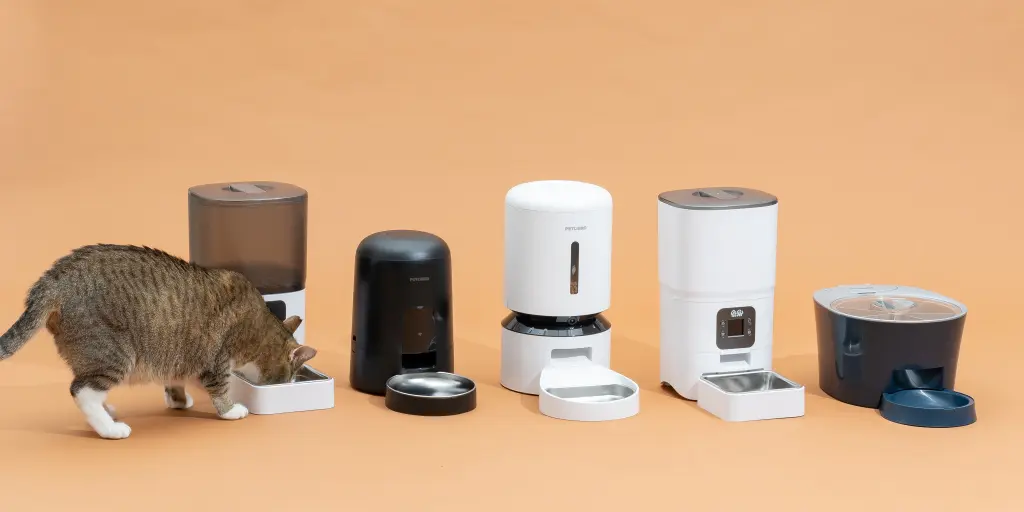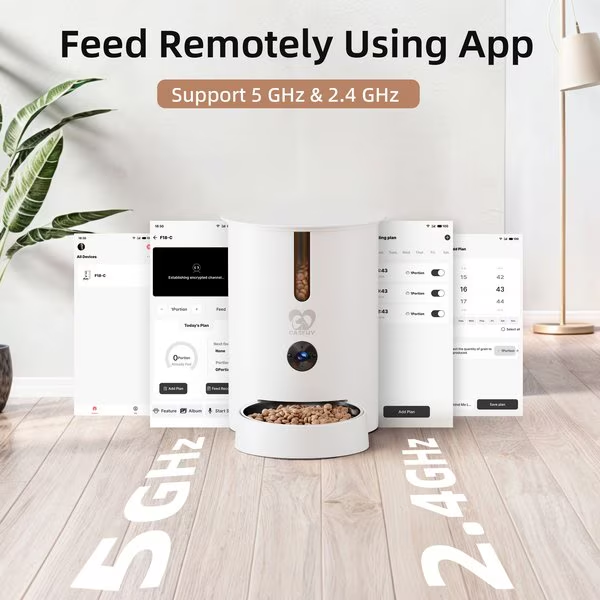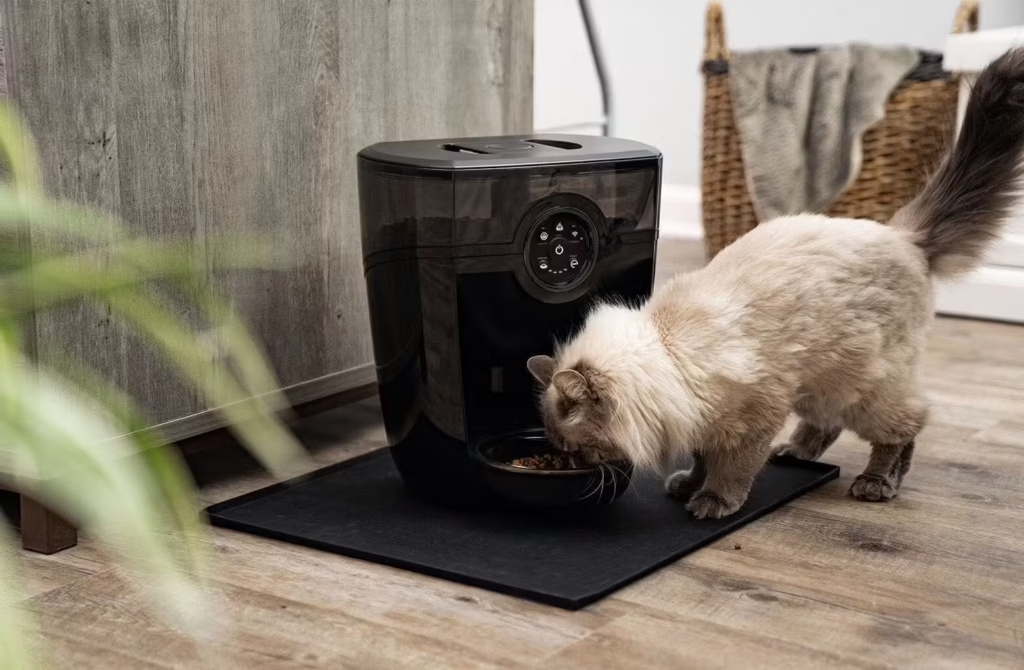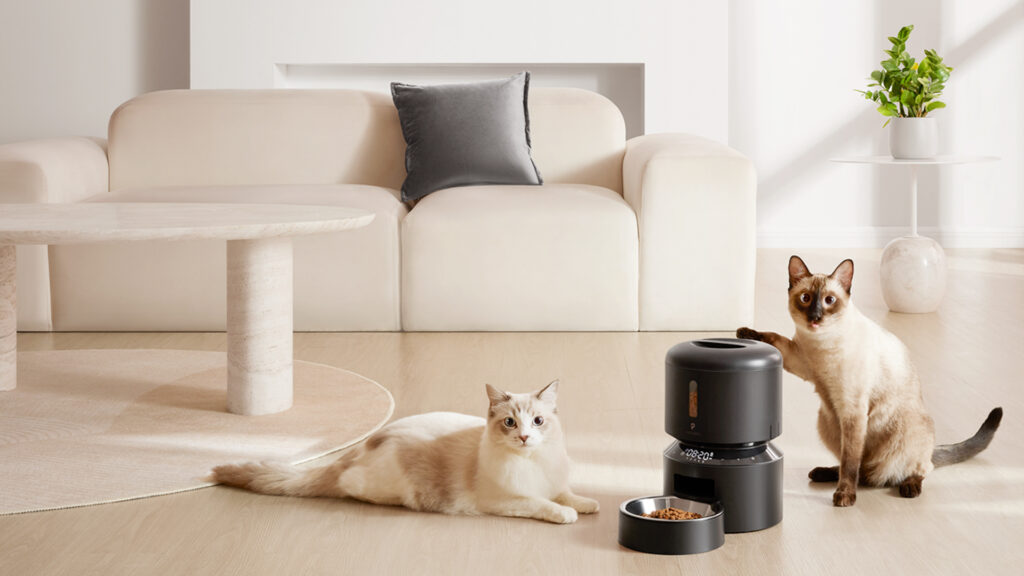Cat Not Eating but Drinking Water: Causes, Concerns & Expert Solutions
As a cat owner, you know how picky cats can be with food. But when your cat suddenly stops eating but continues drinking water, it's more than just fussiness—it's often a sign that something deeper is going on.
Cats are masters at hiding illness, which means even small changes in their eating habits can indicate serious health problems. Unlike dogs, cats cannot go long periods without food. In fact, 24–48 hours of not eating can lead to dangerous conditions like fatty liver disease.
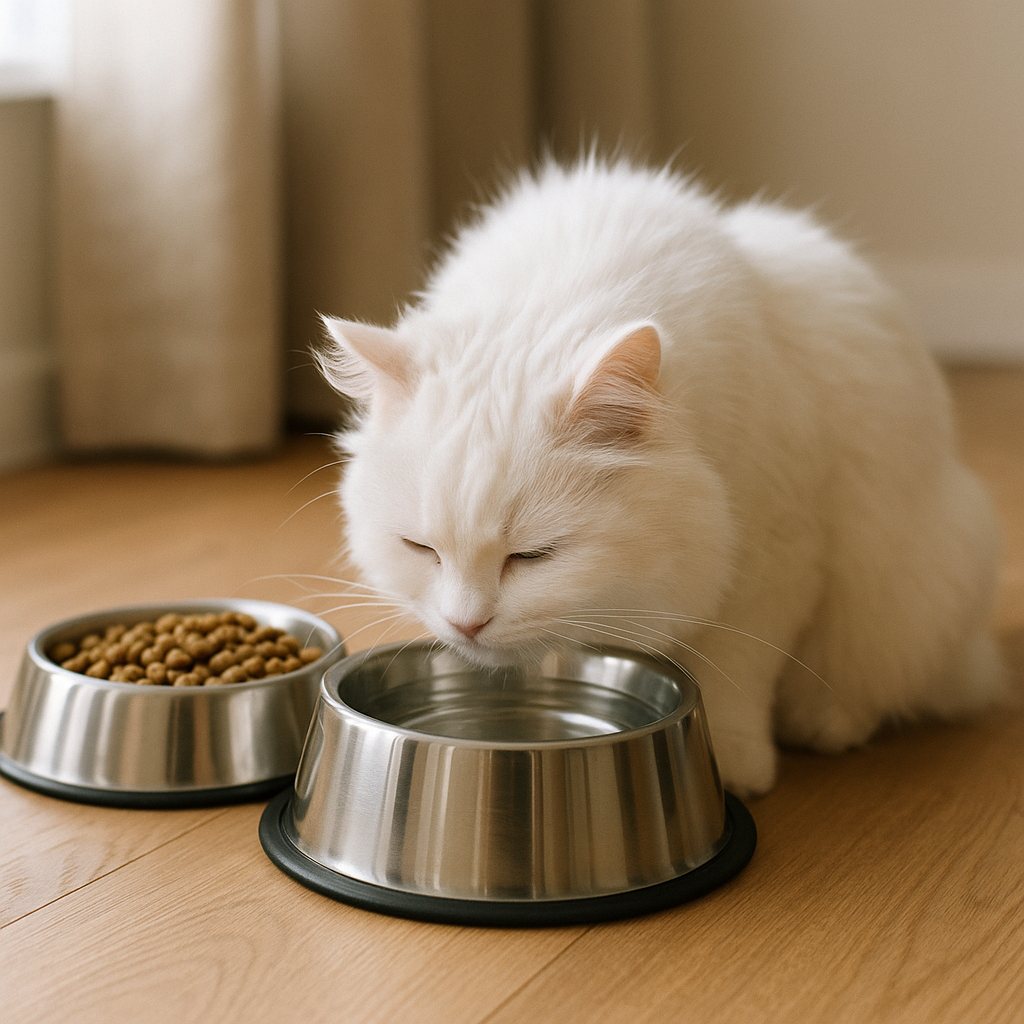
Why Cats May Drink Water but Refuse Food
There are many reasons a cat might stop eating while still drinking water. Some are minor and temporary, while others are serious and require urgent veterinary care.
Cats are sensitive creatures. Something as simple as moving furniture, a new pet in the house, or even loud noises can throw them off balance.
Example: If you recently moved homes, your cat may take a few days to adjust and refuse meals during this period.
One of the most overlooked reasons for appetite loss is dental disease. Cats with tooth decay, gum inflammation, or mouth ulcers may find eating painful.
Signs: Drooling, pawing at the mouth, bad breath, avoiding dry food.
Stomach upset, hairballs, or constipation can lead to a cat refusing food. Cats are prone to gastrointestinal sensitivities, especially if they've eaten spoiled food or something new.
Senior cats, in particular, are prone to chronic kidney disease (CKD) or liver issues. These conditions cause nausea and reduce appetite while increasing thirst.
From upper respiratory infections (making it hard to smell food) to internal bacterial infections, many illnesses cause appetite loss.
Certain medications or even vaccinations can temporarily lower appetite. Usually, this lasts only 24–48 hours.
The Dangers of a Cat Not Eating
Unlike humans or dogs, cats cannot safely fast for long periods. When a cat doesn't eat:
Even a few days of not eating can trigger this life-threatening condition.
Rapid weight loss in cats weakens their immune system.
While your cat may drink water, lack of food still leads to nutritional deficiencies.
Don't wait too long. Contact a vet if:
- Your cat hasn't eaten for more than 24–48 hours
- You notice vomiting, diarrhea, or severe lethargy
- There's rapid weight loss
- Your cat has bad breath, drooling, or mouth pain
- Signs of dehydration appear (dry gums, sunken eyes, skin not snapping back quickly)
Home Remedies to Encourage Eating
If your cat's refusal is mild and not linked to serious illness, here are safe ways to stimulate appetite:
Preventing Appetite Loss in Cats
Long-term prevention is just as important:
Schedule check-ups for early disease detection
Provide balanced nutrition with both wet and dry food
Always provide fresh, clean water
Brush teeth or use dental chews regularly
Minimize big changes in environment
Nutrition Guide for Cats with Appetite Issues
If your cat is struggling to eat, consider these options:
Special formulas available from veterinarians for cats needing extra nutrition
Offer different textures like pâté, chunks, or shredded meat to find what your cat prefers
Short-term options like boiled chicken, pumpkin, or rice (consult your vet first)
Extended FAQ: Cat Not Eating but Drinking Water
Final Thoughts
If your cat is not eating but drinking water, don't take it lightly. While some cases are due to stress or minor stomach issues, many signal underlying medical problems. Cats cannot safely fast like humans or dogs—just 1–2 days without food can become life-threatening.
Your best action: monitor closely, try simple appetite-boosting methods, and consult your vet if refusal lasts longer than 24–48 hours. Acting quickly could save your cat's life.

